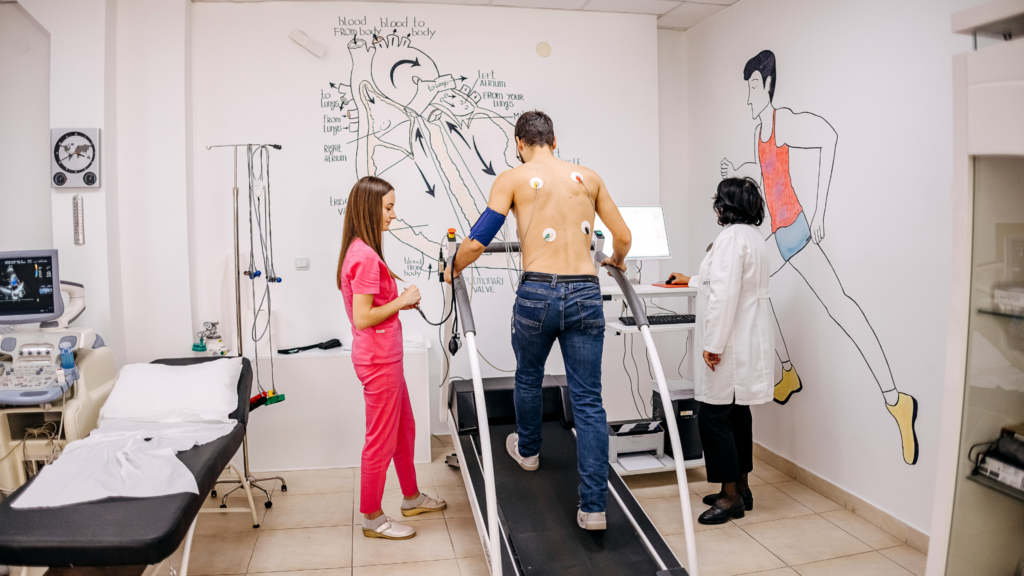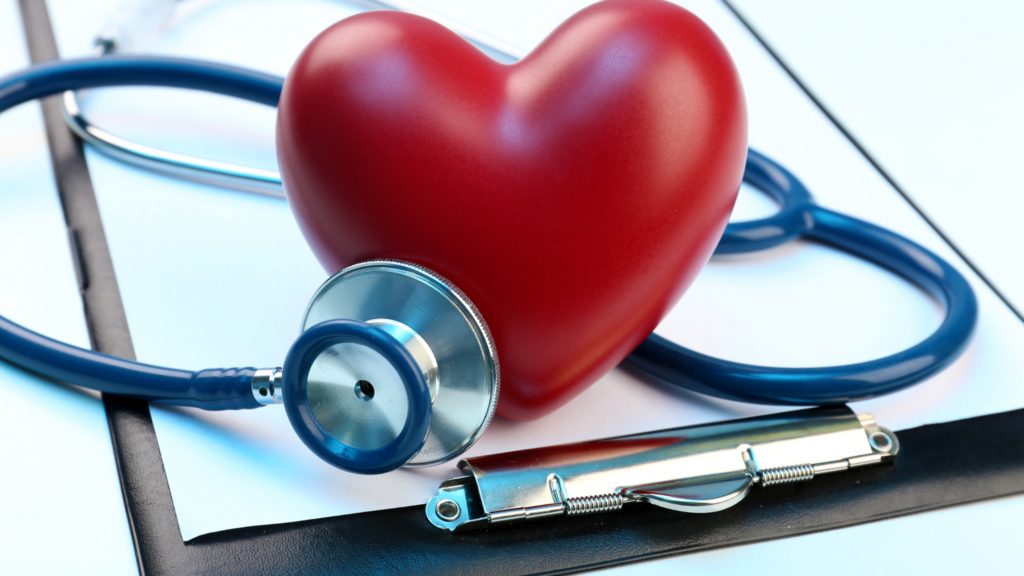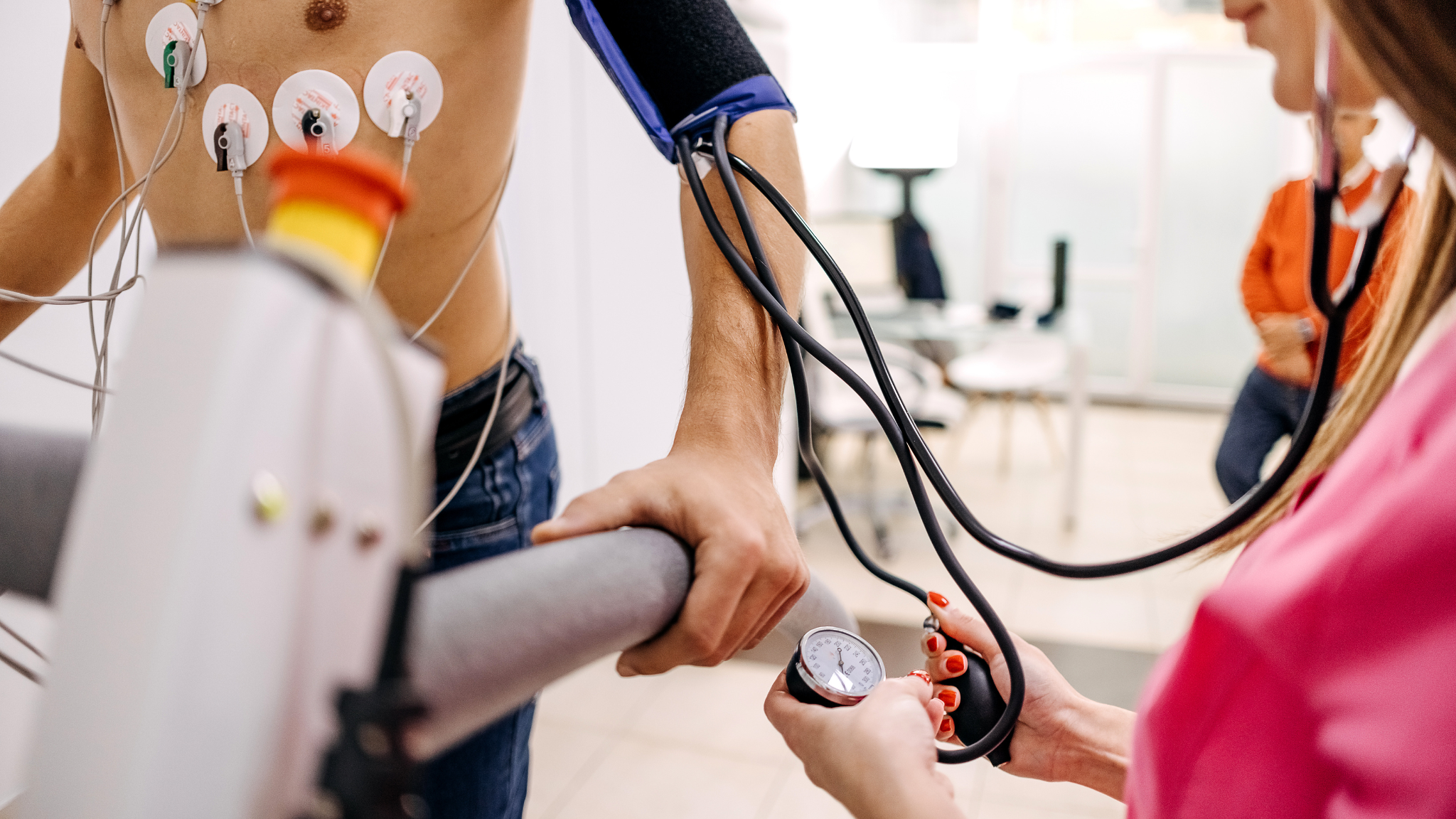Even though some people may be scared to do it, stress testing is pretty common, and it can tell you many things about the current state of your heart. A stretch test for heart, for example, is a non-invasive way to tell how your heart is performing.
You don’t necessarily need to feel chest pain, have high blood pressure, or have any underlying heart condition to take these tests. However, they can help to detect some signs of heart disease or problems, including coronary artery disease, heart valve disease, and others. If you are feeling problems with your heart, a doctor may prescribe the test.
If you’re taking a stress test soon, consider these tips you may consider to make the process much more comfortable.
What’s a Cardiac Stress Test?

It’s a test that can show how your heart performs whenever you’re exercising or doing any kind of physical activity.
There are different types of stress tests you can get, including:
- Exercise Stress Test
- Nuclear Stress Test
- Exercise Stress Echocardiogram
- Cardiac Rehabilitation Stress Test
The most basic option here is exercise stress testing, which involves non-invasive methods like walking on a treadmill. On the other hand, other options like the nuclear cardiac stress test use radioactive components and imaging scans to determine how your heart is working.
As mentioned, cardiac stress tests will determine whether your heart and blood vessels are working as intended, and they will also show if you’re having any problems like:
- Coronary Heart Disease
- Congestive Heart Failure
- Heart Valve Disease
- Congenital Heart Disease
- Hypertrophic Cardiomyopathy
Although cardiac stress testing is for everyone, people with specific professions (such as athletes) may need to get stress tests done.
An exercise stress test (or any other type) will measure your:
- Blood pressure and blood flow
- Oxygen levels
- Heart rate
- Electrical activity in the heart
Furthermore, the stress test will show how your heart is performing in comparison to other people of your same sex and age.
How Serious Is a Positive Stress Test?
A positive (or abnormal) result could suggest that you may need further testing. However, getting a negative result doesn’t necessarily mean the person isn’t a risk of suffering heart problems either.
Best Tips to Prepare for a Cardiac Stress Test
If you’re getting an exercise stress test soon, there are a few things you can do to prepare for it. Keep in mind that a stress test isn’t something to be worried about. While it may be scary at first, remember they are meant to help identify and prevent problems with your overall health, such as issues with your coronary arteries.
1# – Don’t Eat Before the Test
In most cases, your doctor will recommend fasting before the exercise stress test. Since the test often involves physical activity, it’s recommended not to be full of food, as that could affect your performance.
2# – Avoid Caffeine, Smoke Products, and Tobacco
Caffeine, smoking, and tobacco are known for increasing heart rate, so you should avoid them before taking an exercise stress test.
Some common drinks that include caffeine include tea, energy drinks, and coffee. If you’re getting a nuclear stress test, for example, you may be recommended to avoid these products for at least 24 hours before it.
3# – Avoid Certain Medications
Most people are recommended not to take prescription medications on the day of the test, as some medicines are known for slowing down the heart rate.
If you’re going to stop taking medications for a stress test, make sure to ask your physician to know how to prepare without any risks.
4# – Relax and Wear Comfortable Clothing
It’s normal to feel nervous about a stress test, but you must do your best to feel as calm as possible before taking it. Anxiety can affect your performance during stress tests, which may affect the results you get.
Remember that stress testing is a non-invasive and safe procedure, so you don’t need to worry about anything.
Another thing we recommend is wearing comfortable clothes. Most of the time, lightweight clothing and sturdy shoes are the perfect combination before taking a stress test. The more comfortable you feel during the test, the better.
5# – Consider an Exercise Routine
While this tip isn’t necessarily meant to help people prepare for a stress test, it can help them keep their hearts in check.
You should always try to have some sort of physical activity every day, whether it’s walking, stretching, or riding a bike. Daily training will do wonders for your heart’s health, and when you take your next stress test, you’ll be more likely to get a better result.
Sedentary people are more likely to experience health problems in the future, so if you want to avoid these, talk to your physician and choose an exercise routine that fits your needs and goals.
When Should You Take a Stress Test?

It depends on you and your physician. Even though some people are against stress testing, it’s still recommended for older people who are inactive but are trying to start an exercise program.
On the other hand, if you’re someone with a job that requires intense physical activity, then getting a stress test may be a good idea to determine that you’re not at risk of anything.
If you don’t know if you need to take a test, talk to your physician. They will be able to make recommendations based on your current health conditions.
Bottom Line
Stress testing may seem scary, but they’re not always a sign that there’s something wrong with your heart. Even though it’s not common to see routine stress tests, you could take one to see if everything is fine.
If you’re someone with an active exercise routine, and you don’t develop chest pain or any other problem whenever you start moving your body, then you may be good to go.



